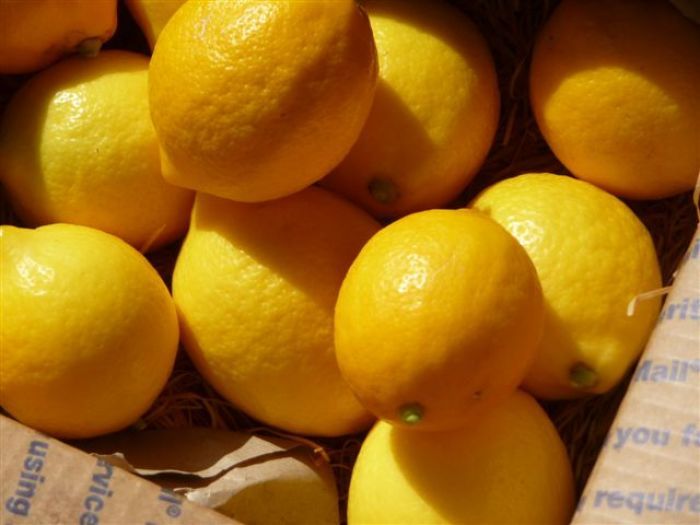
Last week, I received a box of gold. Golden yellow lemons. Every year, about this time when I have cabin fever from being indoors for more than a few months due to cold weather, my dear friend, Carolyn Dille sends me a box of Meyer lemons from a tree in her backyard in Santa Cruz, California. I salivate when the postman hands me the package. The opening of the box is like releasing sunshine into the room.
For those of you who reside in warmer climes, perhaps you don’t realize how fortunate you are to be able to grow citrus trees in your garden year round. We who live where there is winter weather with freezing temps and snow must grow our citrus in containers and move them indoors. The trees require large pots with enriched soil, good drainage, and a sunny location. Some of us who pay attention to our potted plants—prune them and feed them—are able to reap the benefits and harvest fruit. Not only do these mouthwatering fruits brighten our greenhouses or sunny windows, they add inimitable flavor to the food we eat as well as being a good source of vitamins and nutrients.
Lemons are an essential ingredient in my kitchen. Every morning when I rise, I drink a simple hot beverage of boiling water with a slice of lemon; it is a cleansing tonic and a great way to start the day. I use fresh-squeezed lemon juice in salad dressings, to brighten vegetables, salads, soups and sauces, with many fruits and desserts, and of course in homemade lemonade and syrups. Meyer lemons are unique with just a hint of orange to the nose and taste; they have a delightful fragrance and the zest is exceptional. I savor my box of lemons and give a few away as special gifts. Lisbon and the gigantic Ponderosa lemons are also cultivars which I thoroughly enjoy.
The added perks of growing your own citrus, besides the fruit, are the blooms which precede them. Oranges, lemons and grapefruit have such lovely aromas—I have tried to capture them in syrups, cake batters, custards, sorbets and ice cream. Last year, I had enough blooms to infuse in cream and made an ethereal lemon flower gelato. They scent the entire greenhouse or room that they are in.
The only drawback that I have found with growing citrus indoors is scale. Scale are insects that have a hard-shelled cover which they conveniently conceal themselves under while they feed. They attach to all parts of plants and this armor makes it difficult to control them. Often the leaves on the plant become sticky or the scale leave behind a grey-looking soot which attracts ants. Right now, my ten-year-old lemon tree, has a case of scale that I need to remedy this week. I will take photos of the scale and show you how I do battle with this pest in an upcoming blog.
In the meantime, make yourself a cup of lemon water or add a slice to a cup of tea and enjoy some vitamin C!
Learn more about Meyer lemons at FineCooking.com.
Fine Gardening Recommended Products

A.M. Leonard Deluxe Soil Knife & Leather Sheath Combo
Fine Gardening receives a commission for items purchased through links on this site, including Amazon Associates and other affiliate advertising programs.

Chapin International 10509 Upside-Down Trigger Sprayer
Fine Gardening receives a commission for items purchased through links on this site, including Amazon Associates and other affiliate advertising programs.

ARS Telescoping Long Reach Pruner
Fine Gardening receives a commission for items purchased through links on this site, including Amazon Associates and other affiliate advertising programs.


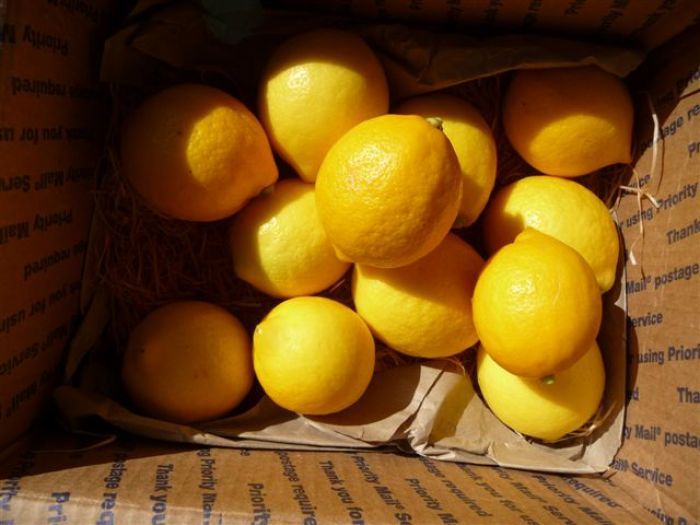
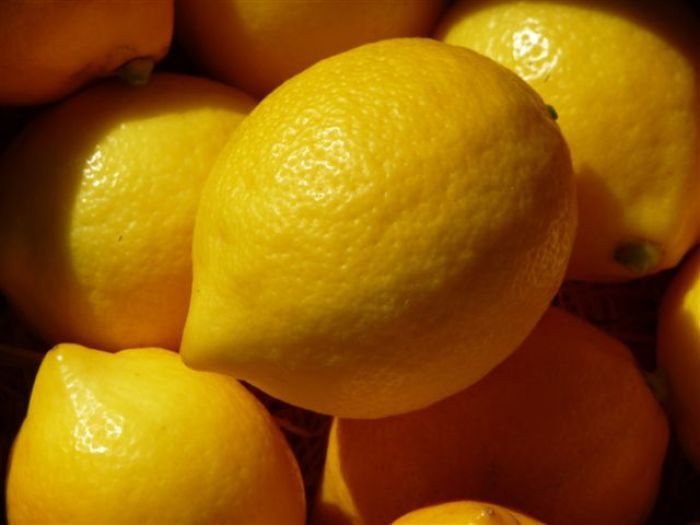
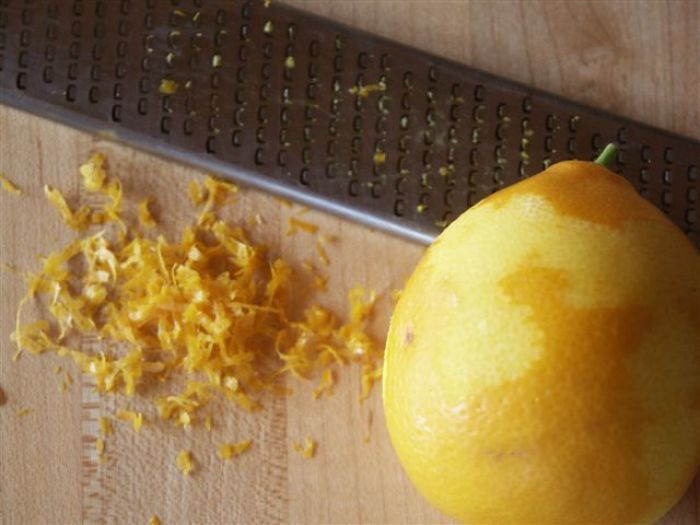
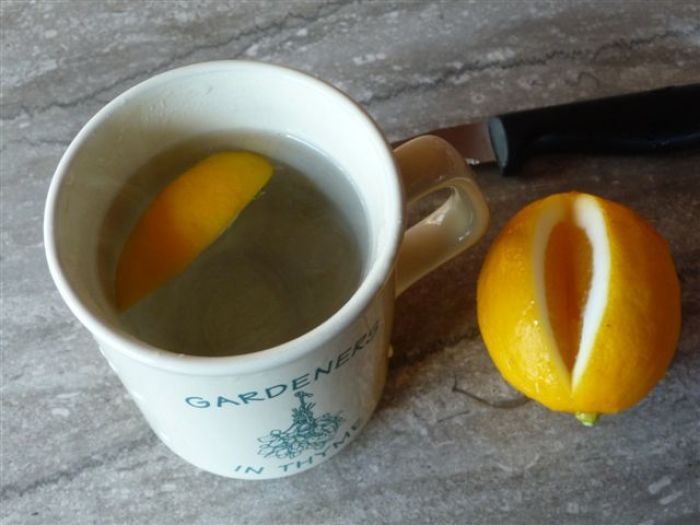
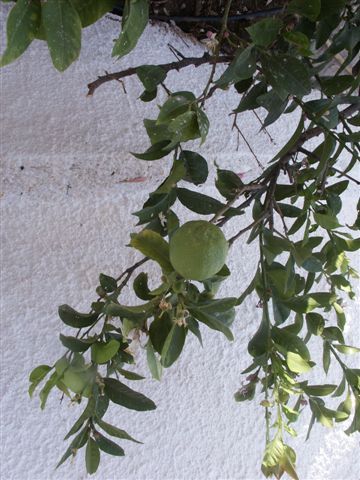
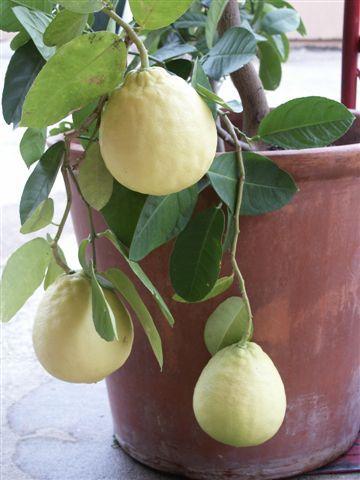
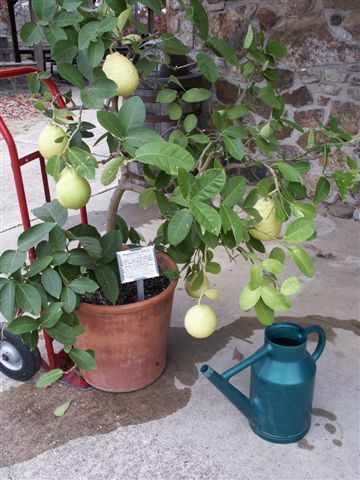




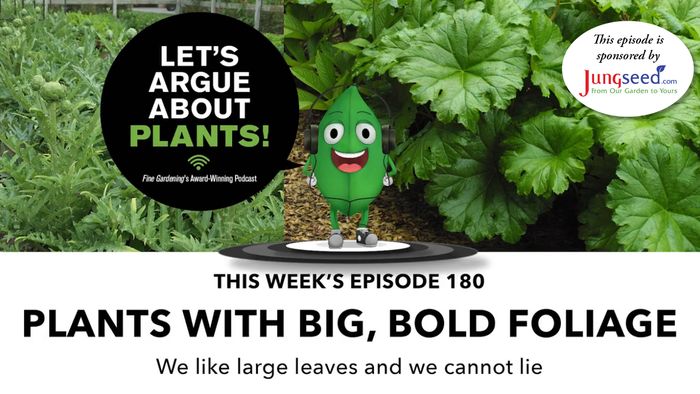

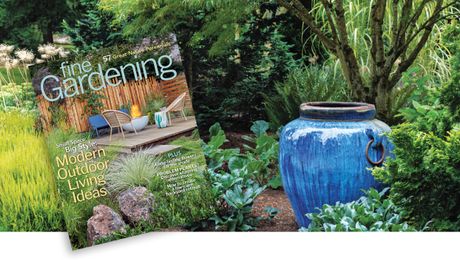










Comments
Log in or create an account to post a comment.
Sign up Log in